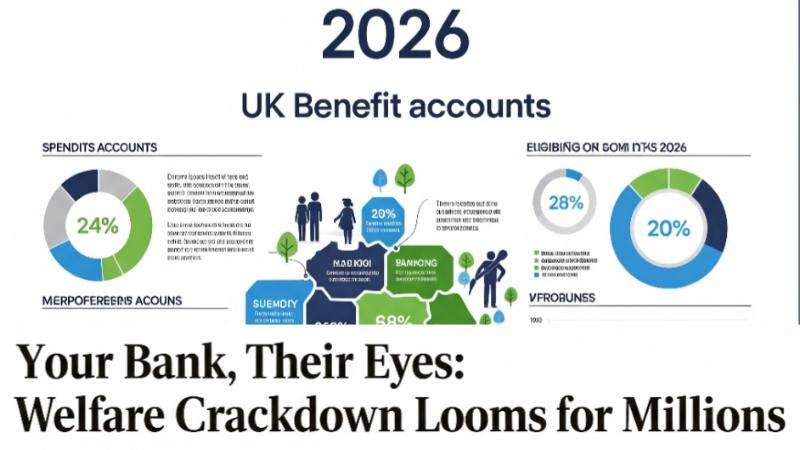Across Europe, anti-immigration sentiment is on the rise, fueled by misinformation and often ignoring the significant contributions immigrants make to the continent's economies. This trend was recently highlighted in Dublin, where thousands participated in an anti-immigration protest on Saturday, April 26, 2025. The march gained attention due to support from MMA fighter Conor McGregor, who has also faced a civil ruling finding him liable for assault in a rape case, a decision he is appealing.
The Dublin protest saw participants chanting anti-immigrant slogans, while counter-protesters rallied in support of refugees, criticising McGregor's stance. This event underscores a growing tension across Europe, where far-right parties are gaining traction by exploiting anti-migrant sentiment.
The Spread of Misinformation
A key driver of this anti-immigrant sentiment is the spread of misinformation. Studies show that false narratives about migrants are strategically promoted to influence public opinion. These narratives often exaggerate the number of migrant arrivals, inflate their perceived economic impact, and falsely link them to increased crime. Social media and some news outlets have been identified as key vectors for this misinformation, depicting migrants as a threat to European identity, wealth, and health.
The Reality: Immigrants' Vital Contributions
Contrary to these narratives, immigrants play a crucial role in European economies. They fill critical labor shortages, particularly in sectors like healthcare, agriculture, construction, hospitality, and care services. In the UK, the healthcare and education sectors are heavily reliant on immigrant workers. Across Europe, immigrants contribute significantly to the workforce, often taking on jobs that native-born citizens are unwilling to do.
Furthermore, immigrants contribute substantially to economic growth through innovation, entrepreneurship, and by paying taxes. Studies show that immigrants are often net contributors to public finances, and their presence helps to balance aging populations in many European countries.
Government Responses and Concerns
In response to rising anti-immigration sentiment, many European countries are tightening their migration policies. This includes increased border security, stricter asylum procedures, and measures to deport undocumented migrants. While some argue these measures are necessary to maintain public trust and manage migration effectively, human rights organizations have criticized them for promoting stigmatization and violating the rights of migrants.
The situation remains complex, with a need for balanced approaches that address public concerns while acknowledging the vital role immigrants play in European society and economies.
In the context of rising anti-immigration sentiment across Europe, Muslim communities, particularly those of South Asian and Bangladeshi heritage, often find themselves disproportionately targeted. Fueled by the same false propaganda that falsely accuses immigrants of stealing jobs – a claim debunked by the reliance of sectors like healthcare and education in the UK on immigrant labor – these communities face a double burden. They are not only subject to the general anti-immigrant rhetoric but also to specific Islamophobic tropes that link their religious and cultural identities to negative stereotypes. This results in heightened levels of discrimination, hate speech, and even hate crimes, making them particularly vulnerable in the current climate of fear and misinformation.








.svg)


